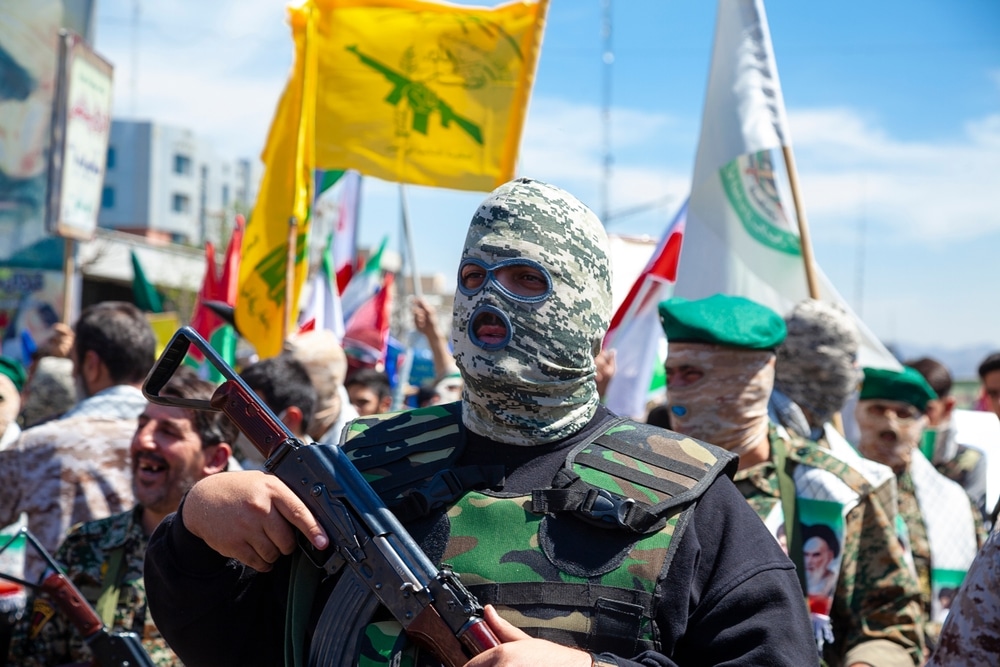Iran has dismissed calls from Western nations to refrain from retaliating against Israel following the assassination of Hamas political leader Ismail Haniyeh in Tehran last month. The Iranian government, through its Foreign Ministry, rejected appeals from France, the United Kingdom, and Germany to exercise restraint, calling such demands politically illogical and contradictory to international law.
While Israel has not officially claimed responsibility for the assassination, both Iran and Hamas have accused the Israeli government of orchestrating the killing.
In response to the European nations’ joint statement urging Iran and its allies to avoid escalating tensions, Iran’s Foreign Ministry spokesperson Nasser Kanaani emphasized that Tehran is determined to defend its national security. He condemned the European appeal as hypocritical, arguing that it effectively supports Israel’s actions in the region while unjustly demanding Iran refrain from responding to a violation of its sovereignty.
The assassination of Haniyeh has significantly heightened tensions in the Middle East, with fears of a broader conflict growing as Iran and its proxy groups, including Hezbollah, have vowed retaliation. The U.S. has responded by increasing its military presence in the region, deploying a guided missile submarine and additional forces to protect Israel from potential attacks.
Despite international efforts to de-escalate the situation, including direct appeals to Iranian President Masoud Pezeshkian, Iran has insisted on its right to retaliate against what it perceives as acts of aggression. Israeli forces remain on high alert, and the Israeli government has reportedly communicated through diplomatic channels that any direct attack from Iran will result in a significant retaliatory strike on Iranian territory.
The situation remains highly volatile, with both sides preparing for potential escalations as diplomatic efforts continue to prevent a wider conflict.
Expanded Coverage:






